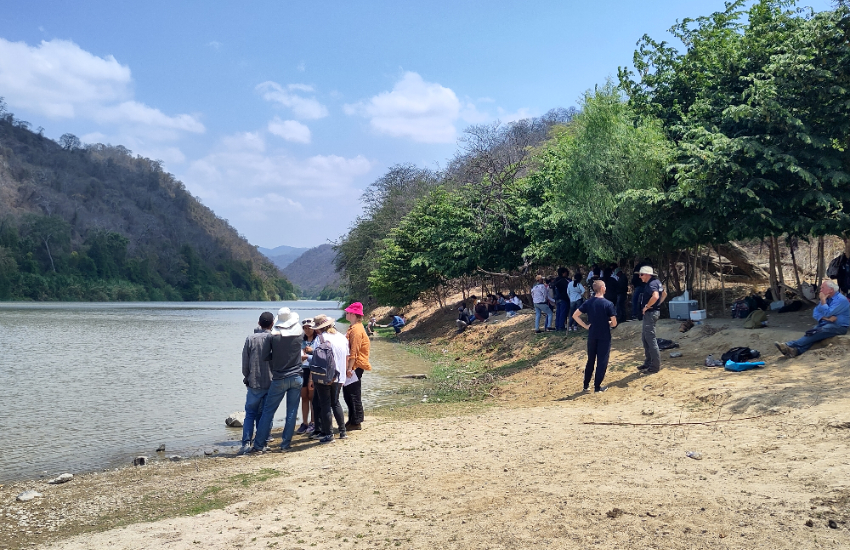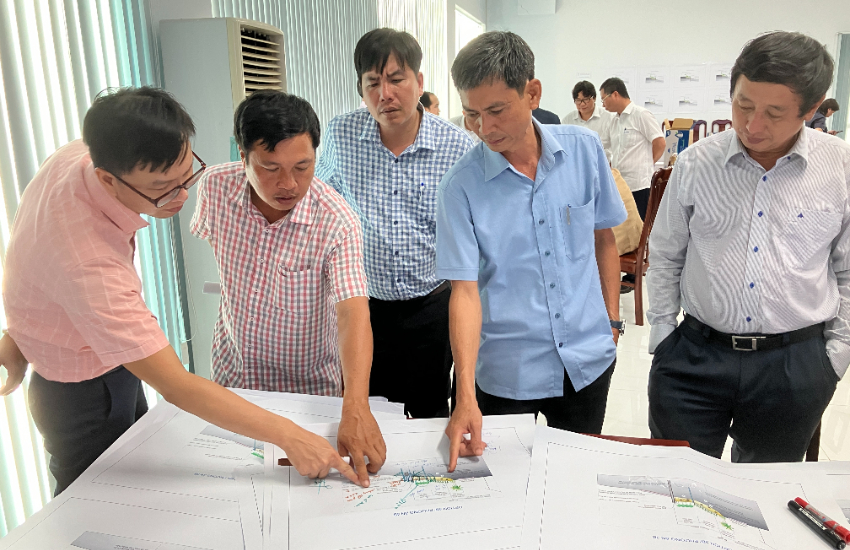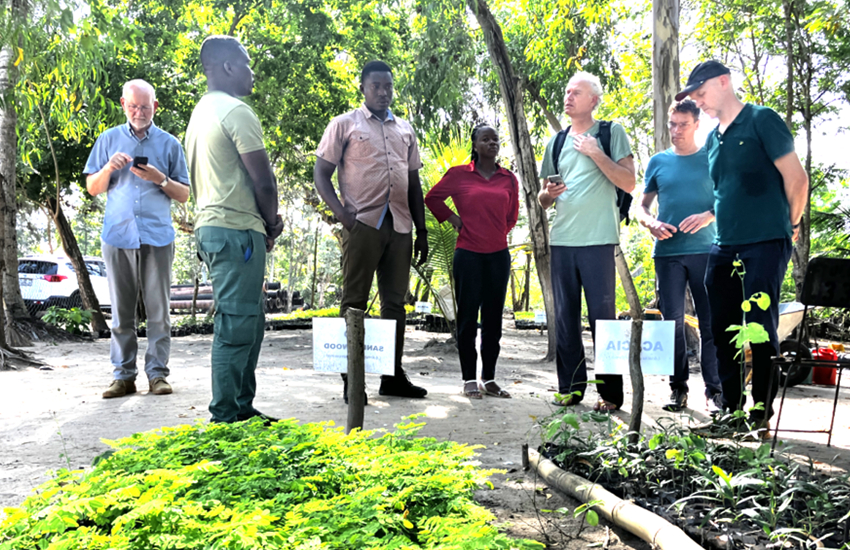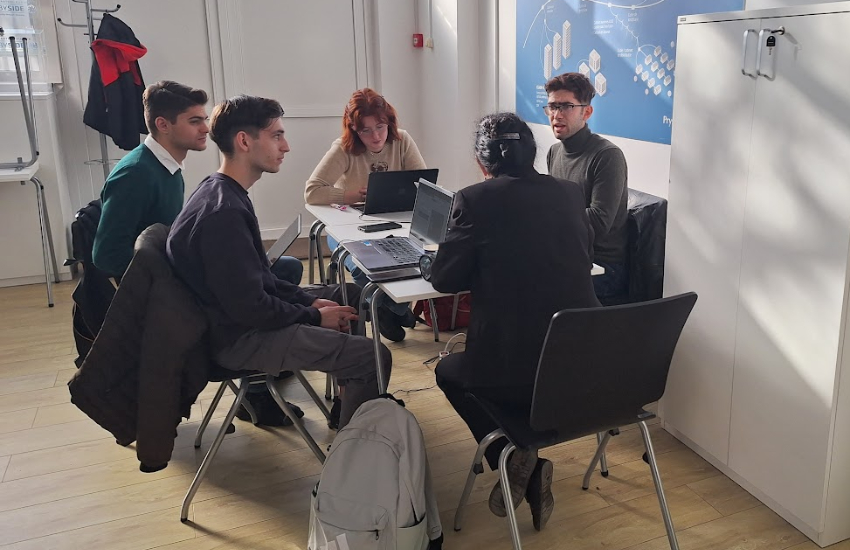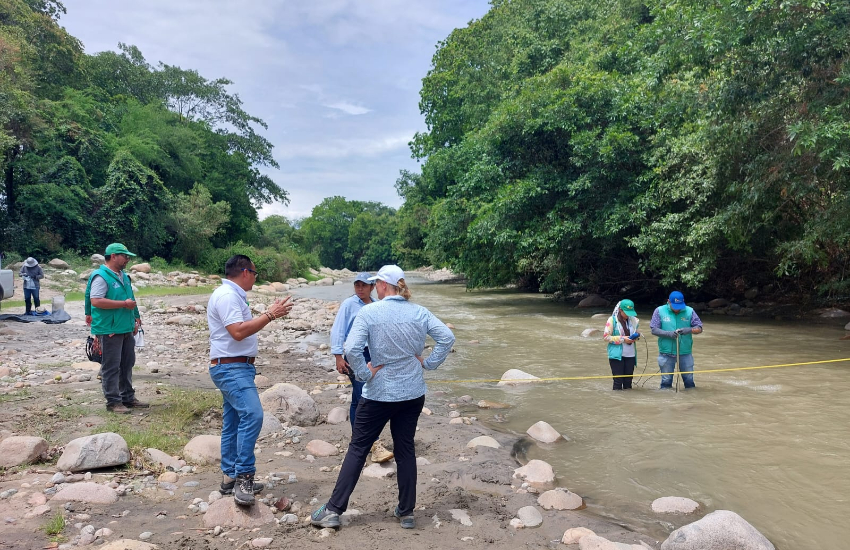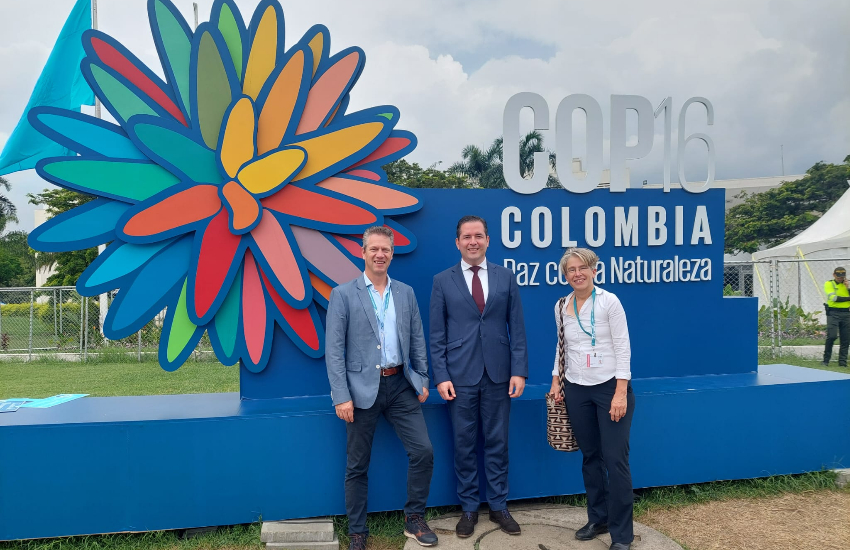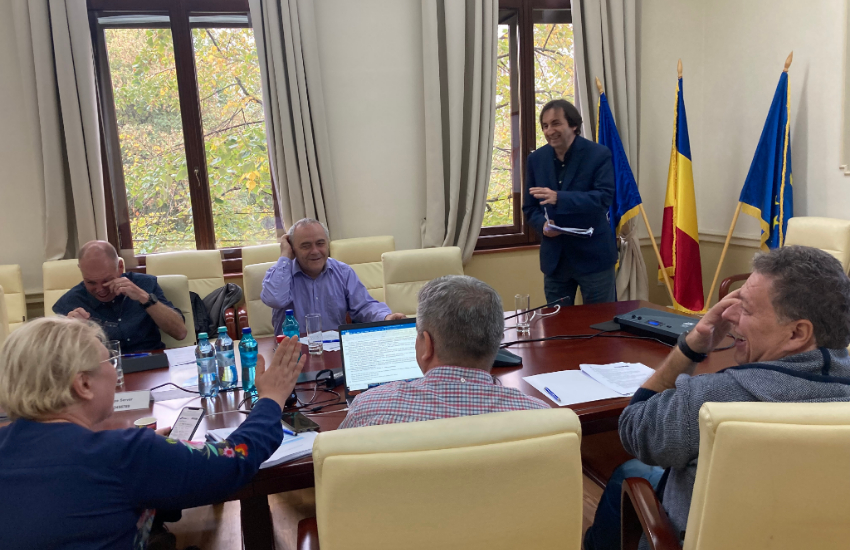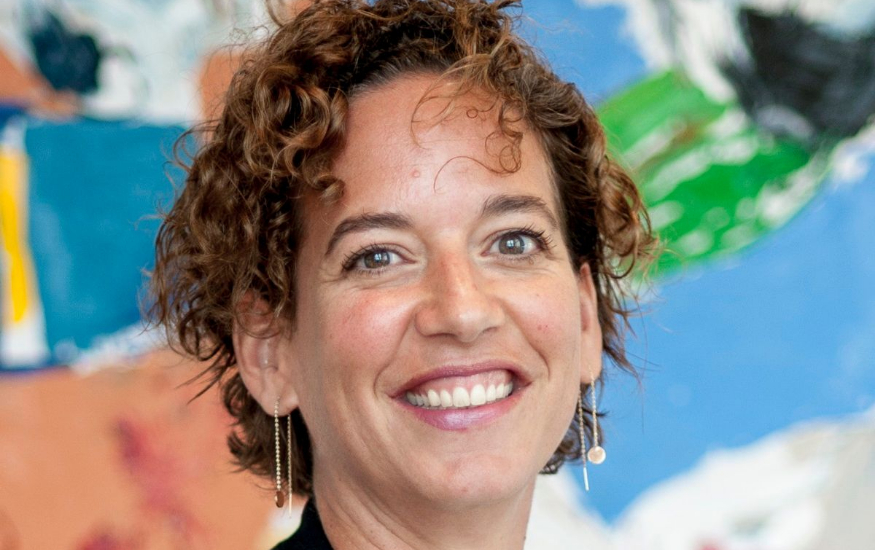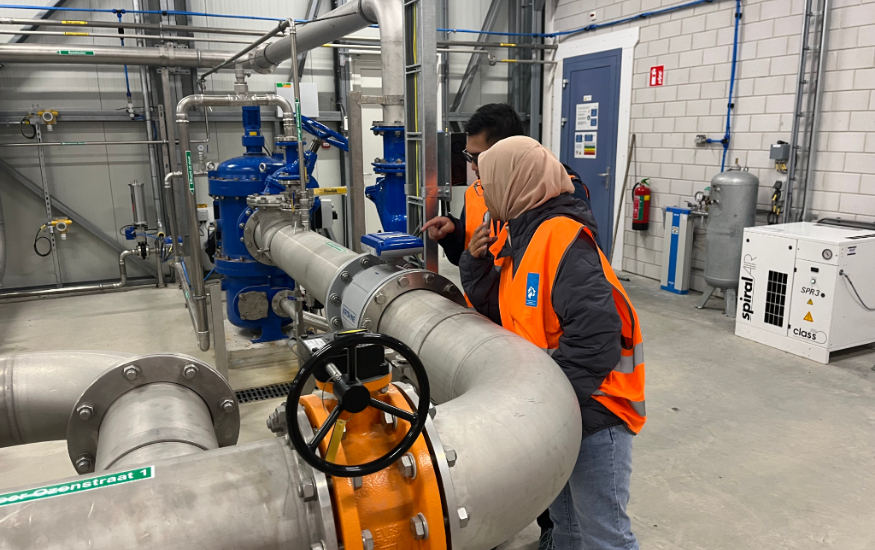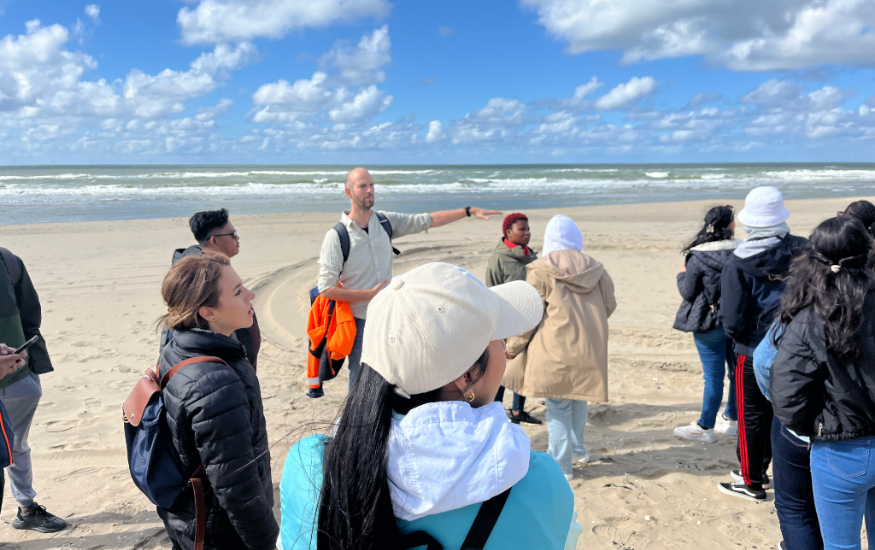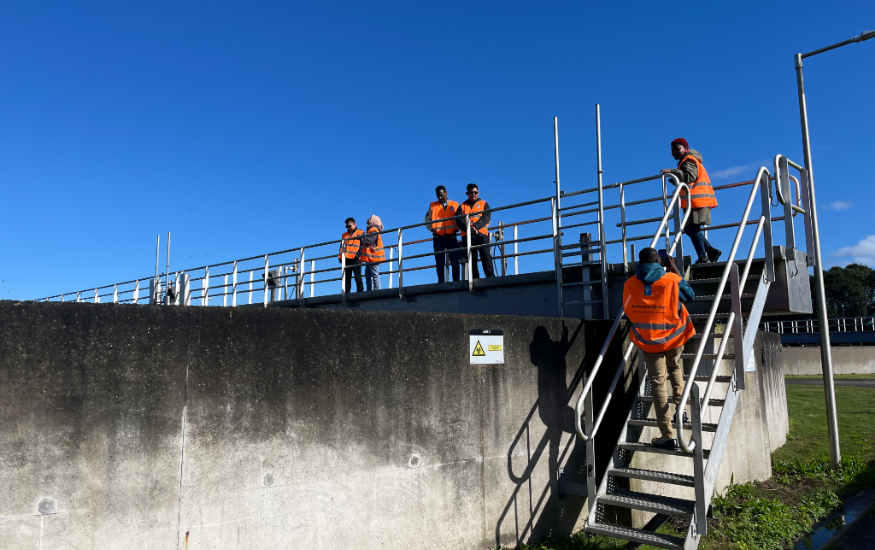On 2 October, a group of young people from Soulfood Community Organisation in Grabouw were educated on the monitoring of water quality, as well as river health and ecosystem functionality, marking good progress for the Citizen Science campaign for the Blue Deal project in Grabouw, South Africa.
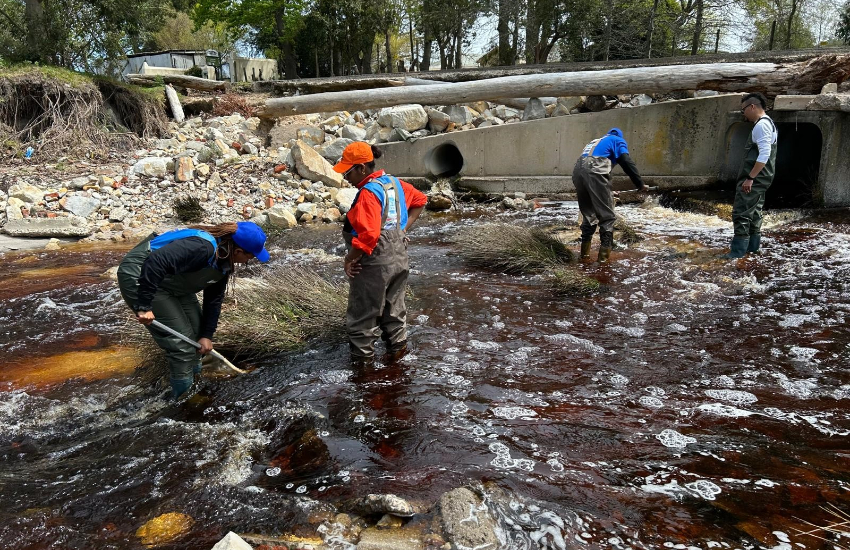
This educational day was a culmination of efforts by the Breede-Olifants Catchment Management Agency (BOCMA), Theewaterskloof Municipality, and Dutch Water Authorities. Accompanied by officials from the World Wildlife Fund (WWF) and the South African National Biodiversity Institute (SANBI), they joined efforts to ensure the roaring success of the Citizen Science campaign.
Citizen science addresses local and global challenges
Citizen science in South Africa is a vibrant and growing field, engaging communities in various scientific research projects. These initiatives empower individuals to contribute to scientific knowledge and address local and global challenges. It covers a wide range of topics, including environmental conservation and, in this instance, water resources management.
Creating awareness
Part of the objectives of the Blue Deal Theewaterskloof project, is to create awareness and to educate around issues of sustainability – in this instance, remedying the effects of solid waste pollution on water resources. 12 youngsters from the Soulfood organisation were educated in monitoring the water quality of different water streams, as well as a mini SASS (South African Scoring System), where the river and ecosystem health of the Klipdrift River was determined. The youngsters had the opportunity to interact with water resources specialists from BOCMA. This collaborative spirit helps gather valuable data and insights, enriching our understanding of the natural world. At the same time, it provides learning opportunities outside the traditional classroom setting.
Collecting water quality samples
The day started with an explanation of how the specialists work. This was followed by a water quality monitoring exercise, where the youngsters collected water quality samples of urban water streams. Hereafter, a mini SASS exercise followed. The excitement was tangible when they got to wear the wading suits to collect river samples. The entire group then identified the organisms from the river to assess the river health.
“Everything has an impact on the environment”
The youngsters were enthusiastic and engaged in discussions with the specialists about working in the water sector, job opportunities, and hope. One of the youngsters: “I learned that everything has an impact on the environment, for example solid waste.” Involving the community through the Blue Deal and the Citizens Science campaign will take place more frequently across various locations in the region, as well as drawing linkages between this programme and others within South Africa. In doing so, this advances scientific research, and fosters community involvement and education, making it a powerful tool for sustainable development and conservation.

